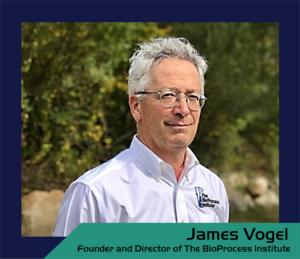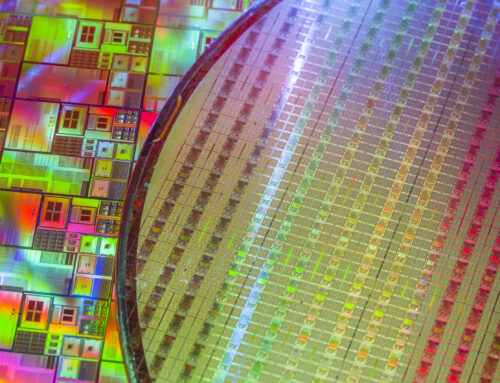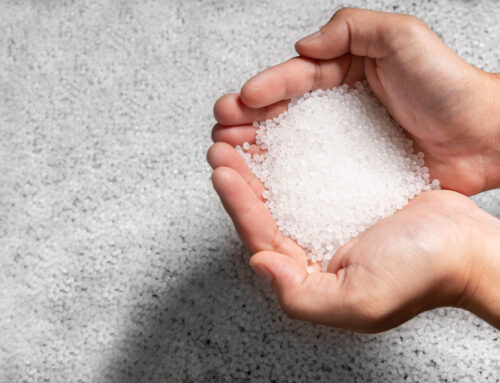Can Bioprocessing Evolve to Meet a Rapidly Changing World?
 It’s a brave new world for the bioprocessing industry as groundbreaking new technologies – like cellular therapies and mRNA vaccines – emerge and hit the market at a blinding pace.
It’s a brave new world for the bioprocessing industry as groundbreaking new technologies – like cellular therapies and mRNA vaccines – emerge and hit the market at a blinding pace.
However, behind every one of these technological triumphs is complex manufacturing challenges that need to be addressed to ensure consistent product quality. So, one of the biggest questions right now is: Can the bioprocessing industry successfully evolve and adapt to meet the moment?
James Vogel, director of The BioProcess Institute (BPI), thinks so but says advancing the bioprocess industry requires fresh thinking and the adoption of new technologies.
For instance, cell and gene therapy products require closed processing, and single-use systems could be the “go-to” choice to create the safest, pure, bioprocessing environments.
Vogel points out that Savillex single-use products lend themselves better for the ultra-pure (and harsh chemical) environments used in cell therapy and mRNA vaccine manufacturing. But while the solution may seem apparent, Vogel says there is an industry-wide reluctance to stray too far from the “tried and true.”
However, back in 2013, Dr. Janet Woodcock – now acting Commissioner of the U.S. Food and Drug Administration – gave testimony to Congress about the “paradigm shift” underway to modernize biopharmaceutical manufacturing processes. Woodcock specifically cited the need “to replace manually intensive processes with automation, using closed systems and integrating process analytical technologies” in the manufacture of bulk drug substance, sterile finished drug products, and more.
“Even still, what we’re seeing today is a bioprocessing industry that appears ‘stuck’ on using certain materials,” says Vogel. “So, it begs the question: Why don’t they use something better? Single-use is just one excellent way to address materials and purity issues.”
Don’t underestimate the future factor
When it comes to evolving industry-wide approaches and thinking, Vogel says there are good lessons to be learned from other sectors such as the semiconductor industry. In response to rapidly increasing (and ever-changing) demands, the industry came together to address their main material and manufacturing process challenges.
“What we saw here was that the semi-conductor industry had no choice but to improve,” explains Vogel. “There was simply far too much riding on their continued reliability and success. I think the bioprocess industry would do well to follow that same thinking and industry solidarity.”
He adds that a fear of change in bioprocessing is also driven by the belief that new technologies and processes will bring about significant regulatory hurdles.
“In reality, the problem is mostly perception – not technology,” says Vogel. “It could help explain why bioprocess – unlike the semiconductor industry – is still using relatively ‘old’ methods and technologies to manufacture their products.”
Though there is currently a resistance or reluctance to change, Vogel hopes that the upcoming generation of bioprocess experts could help drive swift, significant advances – if allowed to. He says that the ongoing COVID-19 pandemic demonstrates just how quickly the bioprocess industry can move, scale up, and embrace new technologies. Moderna, for example, went from being a smaller startup to one of the main players in the mRNA vaccine space within a very short timeframe.
“I think the key going forward will be not to suppress or quash change from the upcoming generation,” he says. “The absolute last thing we’d want to see is talented up-and-comers moving away from bioprocessing in frustration – and over to other industries.”
About James Vogel:
James Vogel is the founder and director of The BioProcess Institute (BPI) that works with suppliers and end-users worldwide to help the pharmaceutical industry manufacture better medicines. Vogel is a recognized subject matter expert in bioprocessing and biotechnology, with more than 36 years of experience. He also serves as an adjunct professor at the University of Rhode Island.



